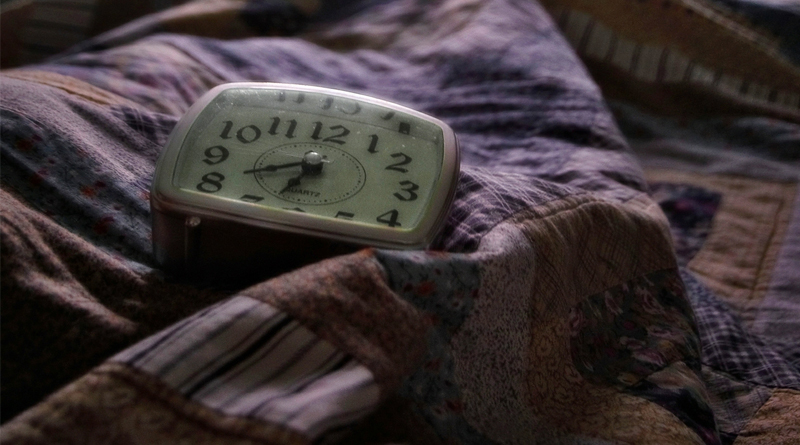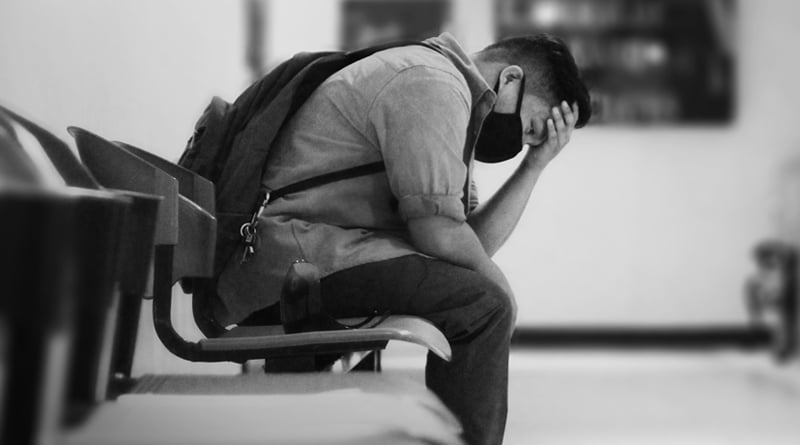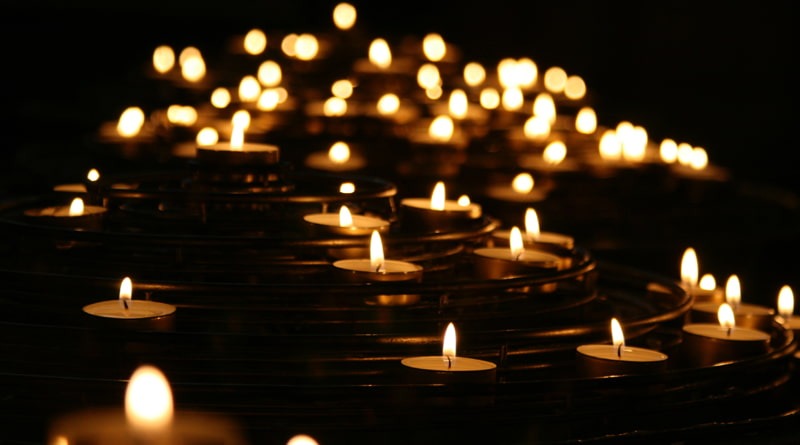
Just the Essentials: Can Insomnia Be Relieved Through Aromatherapy?
By Megan Baksh
Having previously written about my personal history in dealing with insomnia, I feel as though it is necessary to share the tremendous progress I have made since then, and I hope that the information I provide in this blog will help anyone who knows the struggle of the sleepless all too well.
Recently, I received an aromatherapy diffuser and an essential oils starter set as a gift from my thoughtful fiancé, as he has witnessed firsthand how insomnia has affected me in the past, and is always on the lookout for the next natural solution. I am no stranger to the concept of essential oils being used as holistic aides, as I had experimented with them in a rudimentary manner, at the earliest stages of my insomnia. However, at that time I was completely unaware of the extraordinary benefits that the oils combined with a diffuser could deliver; not just for sleep, but for overall health as well.
Along with the diffuser and oils, I also received a recipe book which included several recipes for sleep. Never having used a diffuser before, I wasn’t exactly sure what I was doing at first, but was excited to concoct my first essential oil panacea, nonetheless.
As I blended lavender, orange, and frankincense into the water, I could feel the mixture’s sweet aroma taking hold of my senses. I turned the diffuser on, and immediately, the most intoxicating feeling of relaxation swept over me.
I remember laying down and falling asleep almost instantaneously. The quality of sleep that I obtained that night was astounding. I slept deeply, interruption-free, for almost 8 hours. The next morning, I awoke feeling completely rejuvenated; it was truly remarkable.
Although the ever-hopeful idealist in me wanted to believe that the essential oils truly manifested the sound sleep I had received the previous night, the realist in me toyed with the notion that perhaps it was all just psychosomatic.
I decided to do some research, and here is what I found:
In one randomized controlled trial (RCT) study, seventy-nine college students with self-reported sleep issues underwent interventions in order to compare the effectiveness of lavender (Lavandula angustifolia) and sleep hygiene, versus sleep hygiene alone on sleep quantity as well as quality; and also, to verify sustained effect at two-week follow-up.
The intervention was 5 nights in duration, with baseline, post-intervention, and two-week follow-up evaluations. Both groups adhered to good sleep hygiene, and wore inhalation patches on their chests at night. One group wore a patch with 55μl of lavender essential oil, whilst the other group wore blank patches.
A Fitbit® tracker and sleep diary were used to measure sleep quantity, while sleep quality was measured using the Pittsburgh Sleep Quality Index (PSQI) and the NIH Patient-Reported Outcomes Measurement Information System (PROMIS) sleep disturbance short form.
The results indicated that the lavender and sleep hygiene group established greater quality of sleep at post-intervention and two-week follow-up; they showed less fatigue at post-intervention and follow-up as well. The study suggests that the use of lavender and sleep hygiene is a safe, accessible, and effective means of intervention for college students with self-reported sleep issues.
Another study explored the effects of aromatherapy on the anxiety, sleep, and blood pressure (BP) levels of patients who had undergone percutaneous coronary intervention (PCI), a nonsurgical procedure that improves blood flow to the heart. In this study, fifty-six patients were equivalently assigned to either aromatherapy or conventional nursing care.
Lavender, roman chamomile, and neroli aromatherapy essential oils were blended and dropped onto aroma stones. Those in the aromatherapy group inhaled the oils from the stones through 10 deep breaths, before and after PCI; the stones were then put under the patients’ pillows until the next morning.
The study analyzed state and trait anxiety by utilizing the Spielberger’s State-Trait Anxiety Inventory-form Korean YZ (STAI-KYZ). The level of anxiety measured in the aromatherapy group was substantially lower than that of the control group.
Blood pressure (BP) was measured using the Sure V24 patient monitor (Phillips, USA, 2004). There were no significant differences in BP based on time, nor were there any interactions between time and group. Sleep quality was measured using the Korean translation form of VSH Sleep Scale; there was an increase in the sleep quality of PCI patients admitted to the Intensive Care Unit.
The study suggests that aromatherapy can be used in independent nursing interventions for the reduction of anxiety, as well as the improvement of sleep quality in PCI patients. Poring over numerous other studies, I quickly began to see a pattern; I found that the benefits of aromatherapy are in fact innumerable.
In conducting what I’d like to think of as my own personal study of myself over the last month, I can state with utmost sincerity that aromatherapy has undeniably changed my life for the best. I am now able to fall asleep with greater ease, and the quality as well as the quantity of sleep that I experience is incredible to say the least.
For anyone suffering from insomnia, or any other ailments for which you have not yet been able to find a cure, I highly recommend considering aromatherapy as an alternative; please note that it is best to consult with your doctor before trying aromatherapy for the first time.
References:
https://www-ncbi-nlm-nih-gov.ezproxylocal.library.nova.edu/pmc/articles/PMC4505755/
https://www-ncbi-nlm-nih-gov.ezproxylocal.library.nova.edu/pmc/articles/PMC3588400/
This Content is not intended to be a substitute for professional medical advice, diagnosis, or treatment. Always seek the advice of your physician or other qualified health provider with any questions you may have regarding a medical condition.
.
.
Megan Baksh received her Bachelor of Science in Exercise Science at Nova Southeastern University in May of 2016, and is currently pursuing an education in the field of psychology.




